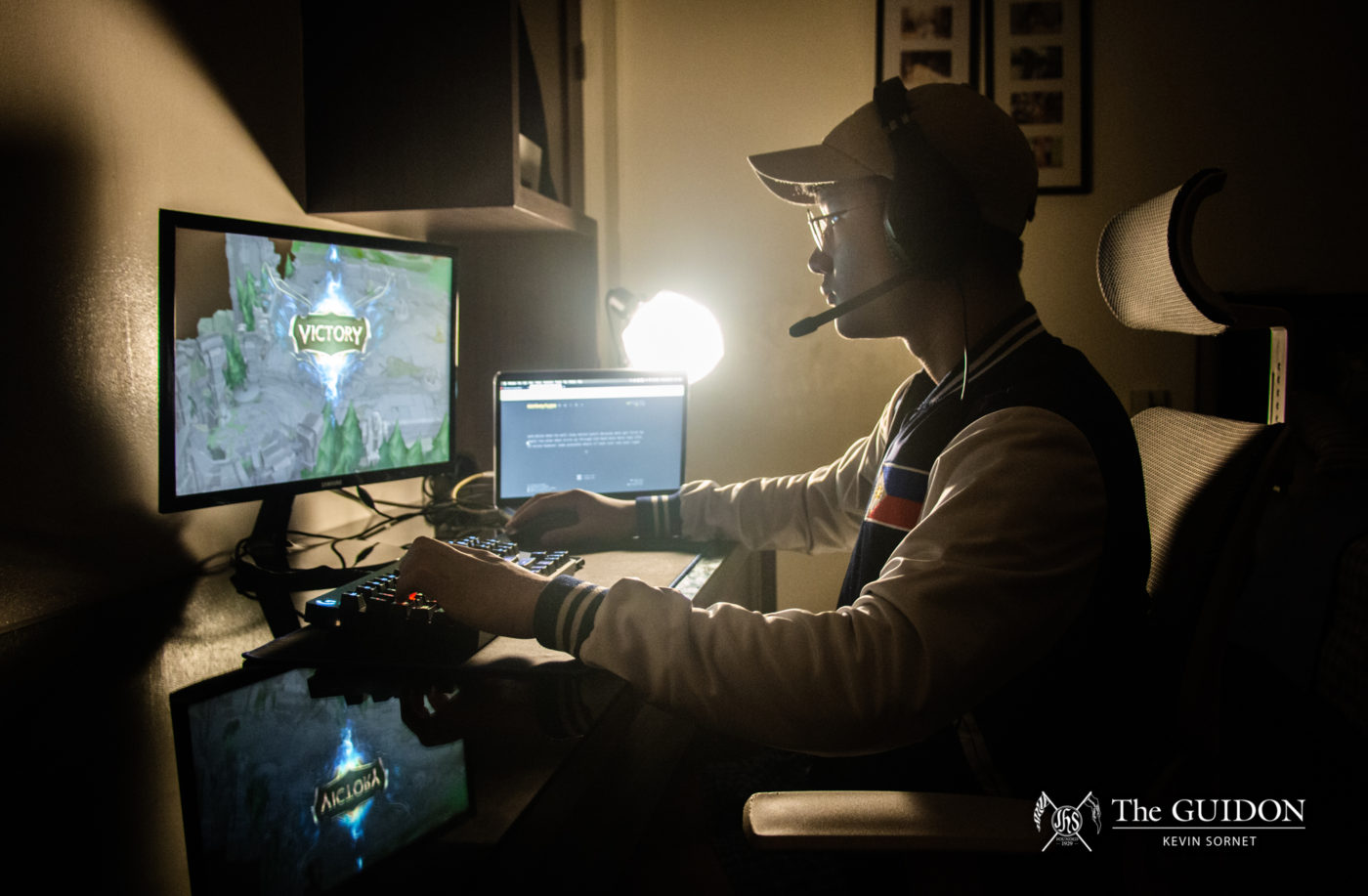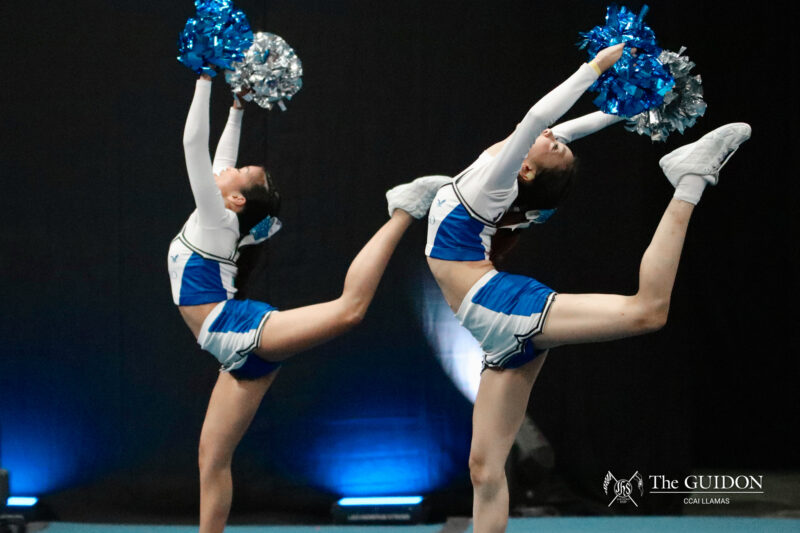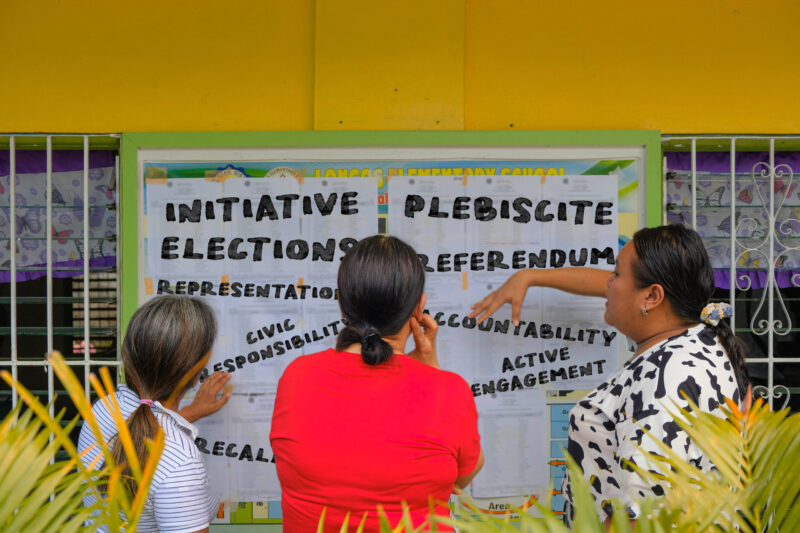AT THE turn of the last decade, video games like League of Legends (LoL) and Defense of the Ancients 2 (DOTA 2) took the world by storm as it captivated the hearts and minds of gamers. Capitalizing on the frenzy for multiplayer online battle player arena, massive competitions such as the LoL World Championships and The International (TI) DOTA 2 Championships emerged. Along with these huge events came large prize pools, including an eye-popping USD 34.34 million prize pool during the 2019 edition of TI. Because of the exponentially growing prize pools, gamers who play for leisure now have the option to commit to esports as a viable career path.
Inspired by the emergence of professional esports around the globe, a new community of Filipino gamers tried their hand at competitive esports in the hopes of making a career out of playing the games they love. While these Filipino esports athletes once found themselves paying to play in computer cafés, they are now on the payroll of esports organizations. Although the rise of Philippine esports has not been smooth sailing, Filipino gamers have remained resilient amid many obstacles en route to achieving success.
The rise of Philippine esports
Entering the new millennium, the dawn of Philippine esports in the early 2000s was attributed to the increasing number of internet cafés in the country. Since the cost of having a personal computer was high at that time, internet cafés emerged as a cheaper alternative.
Mineski was among the early pioneers of the internet café boom; the organization dominated the local esports scene in the early years but struggled to look for an adequate training venue. As a result, Mineski owner Ronald Robins decided to launch Mineski Infinity in 2008. Instead of the Cathode Ray Tube monitors used by other internet cafés, Mineski Infinity made use of Light-Emitting Diode screens that adhered to gaming standards.
By offering an improved play experience, Mineski Infinity proved to be a breeding ground for homegrown talent, as they were able to send a DOTA 2 team to TI in 2011 and a LoL team in the 2013 LoL World Championships. However, success in international esports tournaments remained elusive for the Philippines until 2016, when a relatively unknown TheNet.Com (TNC) professional team scored a huge upset win against TI Season 6 favorites OG, 2-0.
After the country’s first major victory in the international esports scene, the Philippines began racking wins in various tournaments. Most recently, the country bagged three gold medals and one silver medal in the 2019 Southeast Asian Games (SEA Games).
Broadening the horizons
With competitive esports on the rise, numerous organizations have sought to improve the level of play at the grassroots level. An example is AcadArena, which has been a prominent figure in the collegiate esports scene since 2019. Recently, AcadArena has partnered with larger organizations like Globe Telecom and Bren Esports to improve the gaming opportunities available to collegiate esports players.
‘‘[The partnerships are] good for the students because they get to experience what it’s like to be a professional [esports athlete]. Although I’m not really sure who among them is thinking about seriously pursuing it as a career, at least they get to experience it now,’’ said Loyola Gaming (LG) Moderator Tala Wong.
Apart from the collegiate scene, several companies and organizations have also invested in the professional esports scene. One example is Cignal TV, whose Mobile Legends team Cignal Ultra recently won Season 2 of the Mobile Legends Bang Bang Professional League (MPL) Philippines.
With established companies like Cignal TV investing in esports competitions, it further legitimizes the esports industry and ushers in the necessary funding to develop a sustainable business model. Furthermore, the additional financial support given to the esports community has allowed gamers to recruit fellow esports athletes into their organizations for employment. As a result, these investments have opened numerous post-career opportunities for former players to share their expertise to the next generation of esports athletes.
Post-career opportunities
Following the conclusion of a professional esports career, retired gamers are welcomed with the opportunity to venture into numerous fields such as coaching, analyzing, and commentating. Among these various post-career options, coaching—wherein one serves as the mastermind of a team’s game plan—continues to be one of the more popular choices.
Aside from coaching, another viable path is becoming a licensed esports psychologist. With mental health becoming an increasingly important aspect for esports players, LG LoL Coach Mikey “Ferzerk” Alberto explained that esports psychologists play a pivotal role in ensuring the mental wellness and preparedness of the team.
“Eventually, I think it’s gonna be very important [in Philippine esports], ‘cause internationally they do already recognize the importance of psychologists and their role in esports teams,” said Alberto, who is currently taking his Master’s degree in counseling psychology.
However, there are also career opportunities outside of working for an esports team such as shoutcasting. During esports matches, casters like Phreak and Quickshot add imagination to the game by narrating the plays to the viewers.
Similar to traditional sports, post-career opportunities now abound for former gamers, as their experience in the game allows them to be effective coaches, esports psychologists, and casters. “I think it’s very natural for me to just share what I know about the game kasi I was once a player, and then I’m into psychology too, so I can talk about them and stuff,” Alberto voiced.
Esports at new heights
From esports’ humble beginnings in internet cafés, the local esports scene has come a long way and is now considered to be one of the biggest industries here in the country. As partnerships and sponsorships in the collegiate and professional levels push esports into a new frontier, there is much promise that esports will slowly reach the same breadth as traditional sports like basketball and volleyball. “Whatever we have in five to 10 years, hopefully it’s something more presentable to the people who aren’t so open [to esports] before,” voiced LG Manager Kenneth Alog.







